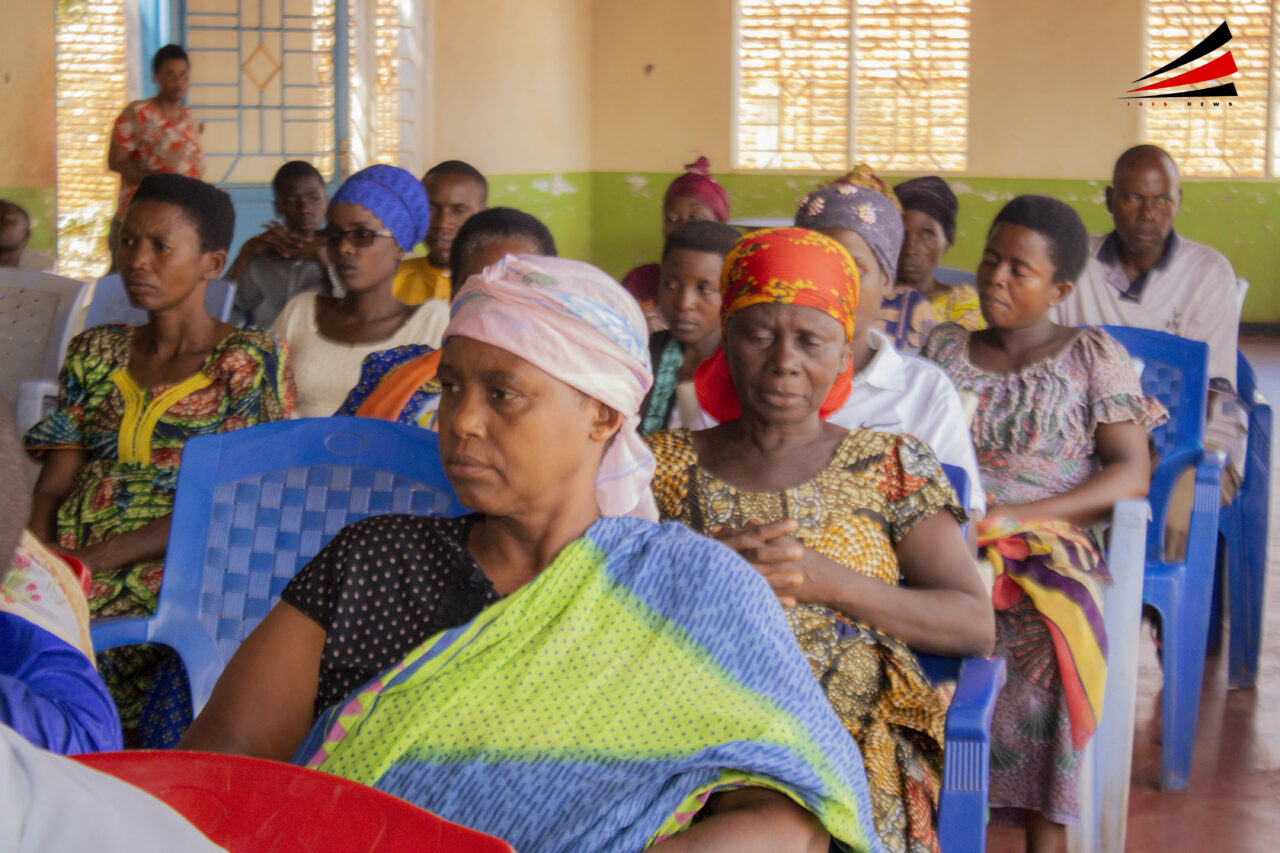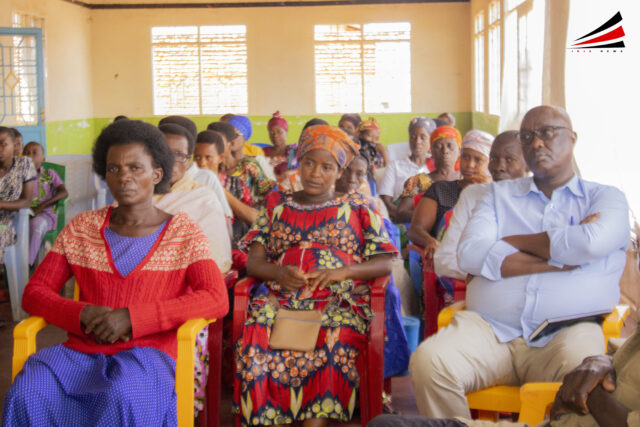
The local diabetics association, APDPD, benefits of a valuable support from the Burundi Non-communicable Diseases Alliance association. The support is aimed to improve diabetes management and provide a better quality of life for people affected by this chronic disease.
Friday, May 3, 2024, the Burundi Non-communicable Diseases Alliance organised an information and support session for APDPD, a local Cibitoke association, made up of diabetics. More than 60 members of the association were present during this event.
According to figures from the President of the local APDPD association, Déo Nakindavyi, the province of Cibitoke currently has nearly 1,800 diabetics, including 193 children.
Despite screening efforts, new cases are regularly detected, as explained by Dr François Ndikumwenayo from Burundi Non-communicable Diseases Alliance association.
During the session, Dr. Thierryce Irakoze from the Burundi Non-communicable Diseases Alliance highlighted the importance of diet in the management of diabetes.
Showing a circular plate as an example, with half the plate filled with vegetables, a quarter with tubers and a quarter with proteins, such as meat, she insisted that a balanced diet plays a crucial role in regulating sugar levels in the body. She advised participants to eat at regular times, avoid snacking and adhere to dietary discipline.
Encouraging progress amidst persistent challenges
The results of previous sessions are encouraging, as highlighted by Dr François Ndikumwenayo.“Diabetics in the region have shown considerable improvement in their health, moving from a situation of despair to renewed confidence.“Positive changes have been observed, particularly among young people, like Ndabitezimana Yvette, who, thanks to appropriate follow-up, learned to inject insulin correctly and saw her health improve”, he added.

However, despite this progress, challenges persist. Diabetics in the region have difficulty accessing insulin storage locations and the necessary accessories.
Additionally, the lack of diabetes diagnostic devices limits patients’ ability to regularly monitor their health. Children in particular have difficulty reading and interpreting the results of these devices.
Faced with these challenges, Dr François Ndikumwenayo promised in patient education and meticulous monitoring to enhance their well-being and life quality.
Note that this session was made possible thanks to the support of the World Limit Foundation, Life for Child and Danish organisations.



